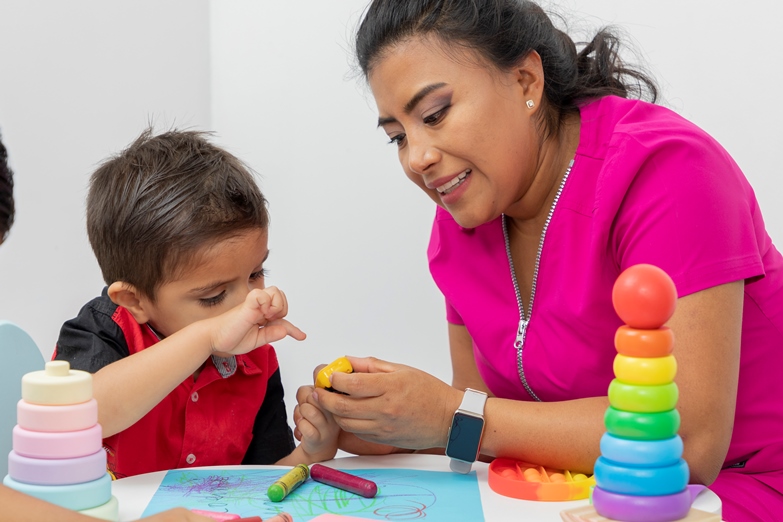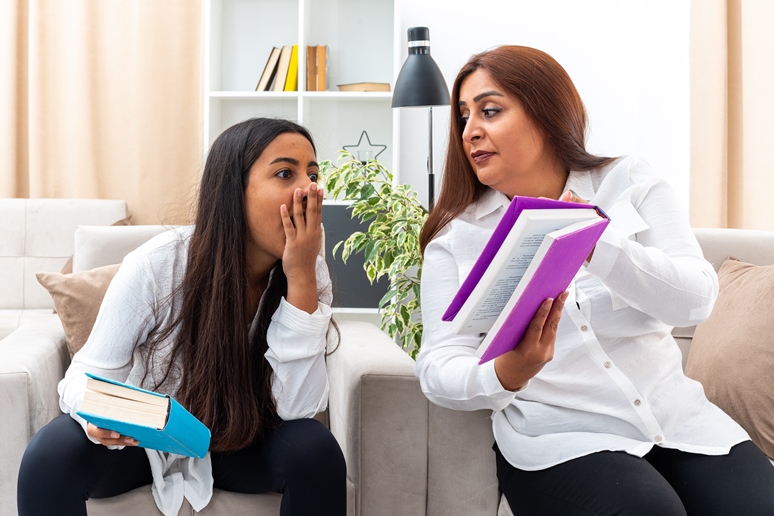Career counselling is specifically focused on a person’s career opportunities, most often provided in educational, work, and community settings. It also may be undertaken to enable a person to change the direction of his or her career. The counselling process generally takes account of an individual’s preferences, intelligence, skill sets, work values, and experience. Career Counselling will help you to know and understand yourself and the world of work in order to make career – related and/or educational decisions. The goal is to not only help you make the decisions you need to make now but to give you the knowledge and skills you need to make future career and life decisions. Career Counselling can be appropriate for adolescents, early teens and as well as young adults. It may be offered to groups as well as on individual basis.
OUR CAREER COUNSELOR WILL:
- Help you figure out who you are and what you want out of your education, your career, and your life.
- Be someone for you to talk to about your thoughts, ideas, feelings, and concerns about your career and educational choices, who will help you sort out, organize, and make sense of your thoughts and feelings.
- Help you identify the factors influencing your career development, and help you assess your interests, abilities, and values.
- Help you locate resources and sources of career information.
- Help you to determine next steps and develop a plan to achieve your goals.











